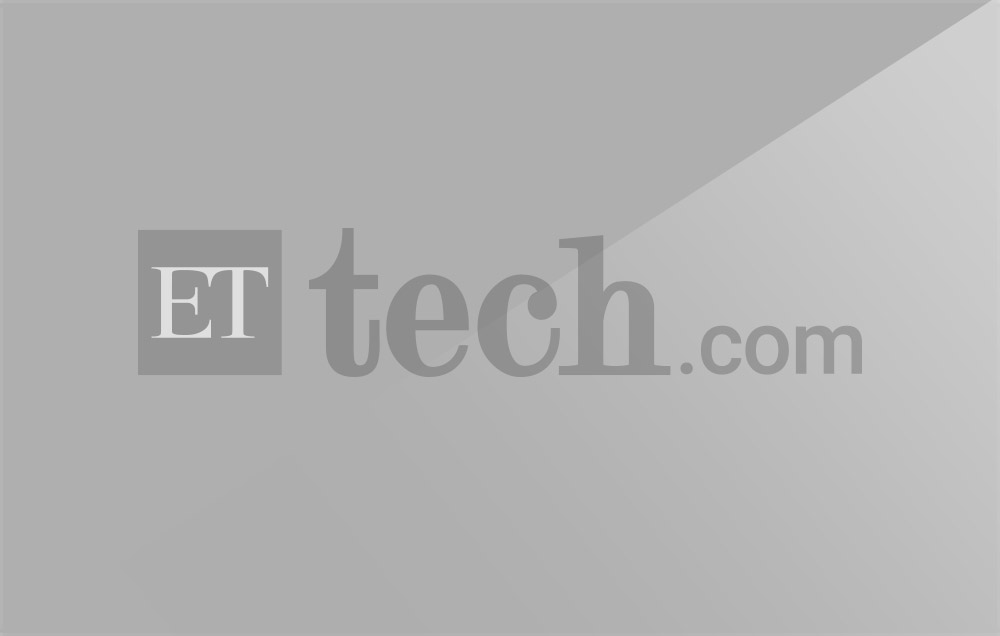
Owing to the rapid rise of COVID-19 cases across the country, state governments and large municipalities are coming up with strict surveillance mechanisms to ensure that those quarantined adhere to the norms, and stay at home. Health surveillance in this context seems to be taking multiple forms — a mixture of human intelligence and technology.
In states like Kerala, contact tracing of COVID-19 patients involves “virus detectives”, ground-level human workers who go door to door tracing the movements of positive patients, besides using CCTV footages for clues.
Other states like Karnataka and Telangana, and large municipalities like the Bruhatmumbai Municipal Corporation (BMC) and the Bruhat Bengaluru Mahanagara Palike (BBMP) are deploying technology, including smartphone apps with geotagging features to ensure strict observance of home quarantine. In these states and metros, the apps are under development, or in some cases, already in use.
Karnataka, for instance, is about to launch a smartphone app, which would involve home quarantined cases to “upload a selfie every half an hour.” “The data”, an official of the Karnataka health department says, “would be flowing confidentially to us.” The “selfie” itself is geotagged and would be verified for its real-time nature. The official adds, “If they don’t click it, we will send someone to go and click a picture. The idea is that we don’t want anyone to give their phones and break quarantine.”
Telangana too is following suit. According to a person in home quarantine in Hyderabad (who has finished their 14-day period), Telangana authorities are requesting a selfie as part of a form they’re required to fill and submit periodically. The app or the web page, in this instance, asks for the photo, and automatically turns on the device location, thereby geo-tagging the picture, and verifying it’s “live-ness”.
This is not new for the state, with the authorities repurposing its use to authenticate pension life certificates, with an indegenous KYC technology it calls “real-time authentication of digital identity”, a recent pivot which happened after the Supreme Court ruling on Aadhar. Telangana is also using its TSCop app to geotag houses of foreign returnees, linking it to its patrolling officers, while Hyderabad’s traffic police will use its automatic number plate recognition (ANPR) systems to track citizens breaking lockdown orders.
In Bengaluru (and in Hyderabad), the use of the selfie feature, is in addition to the hand stamping done by the BBMP for passengers upon arrival or post-facto, for tracing of any primary or secondary contacts of COVID-19 positive patients.
According to BBMP officials, over 20,000 passengers and over 4000 primary/secondary contacts have been hand-stamped till date. Besides, those quarantined say that the authorities have added them on messaging app, WhatsApp, and were asked to send location. The department of health in Karnataka has also tied up with Infosys, to develop an interactive voice response system (IVRS), with daily calls, going out to those quarantined at home.
The BMC too uses two apps — one of which monitors home quarantined cases, and the other, a telemedicine app, on the lines of the National Health Services in the United Kingdom, where patients report the symptoms to a doctor, and private labs collect home samples.
“The monitoring app collates the home quarantined people through their mobile numbers, tracks their movements and gives feedback to the local ward through the police, who are tracking their call records. This also includes visits by a health officer in their respective wards,” says Praveen Pardeshi, the BMC commissioner. He adds, “We have our own GIS systems for home quarantined people, where we are layering our data on top of the maps.”
These efforts also come at a time when there is an increased global focus on data protection and personal privacy of users. Apar Gupta, executive director of the Internet Freedom Foundation says, “Even beyond concerns of privacy which will involve people sending their facial pictures, this includes detailed biometric such as iris scans, facial features.” He adds, “It is the mere coercive action by itself that is incredibly shocking. Requiring people to take selfies and upload it without having not only data protection, but also legal framework, shows a shocking excess of state powers.”
Globally, geotagging and use of has emerged as an important technological tool, as countries battle the lethal spread of COVID-19. Poland’s ministry of digital affairs launched a home quarantine app, that uses location data, facial recognition and time-stamped photographs to ensure home quarantine, while Taiwan’s quarantine enforcement norms involve use of SIM cards and mobile networks, to geotag locations. China, where the outbreak first began in December last year, uses an Alibaba-developed app called the Alipay Health Code (deployed in Hangzhou), which, the New York Times reported, uses a colour-coded system to dictate quarantines.
Leave a Reply